How McKinsey & Company proves the value of design in business
Watch as McKinsey & Company talks us through the rigorous process of proving the financial impact of design in business
The value of design (and its loaded counterpart, design-thinking) has never been more unequivocal than now. Today, the international management consultancy firm McKinsey & Company released its first study on the business value of design. Using data gleaned from tracking the design practices of 300 publicly listed companies in multiple countries and industries over the past five years, the study is one of the most rigorously conducted surveys that proves the financial impact of design in business.
Design in business has certainly been a well-touted concept in recent years, but as McKinsey & Company concludes, the consistent integration of design and business is key. In its research, McKinsey posed hundreds of questions to the surveyed companies and has grouped its findings as a set of 12 design actions, organised into four themes. The top design performers were subsequently aggregated into a single metric – the McKinsey Design Index.
Jumping off from the standard notion that design is an aesthetic-based discipline used to enhance the appearance of products, the McKinsey Design Index frames design as a way of thinking, where creative processes can achieve a better understanding of consumer needs. The four themes include ‘More than a feeling’, which addresses design analysis in the boardroom and C-suite, ‘More than a product’ that focuses on customer experience, ‘More than a department’ which places design as a responsibility that all employees should uphold, and ‘More than a phase’, which emphasises continuous iteration, adjustment and learning throughout a company’s trajectory.
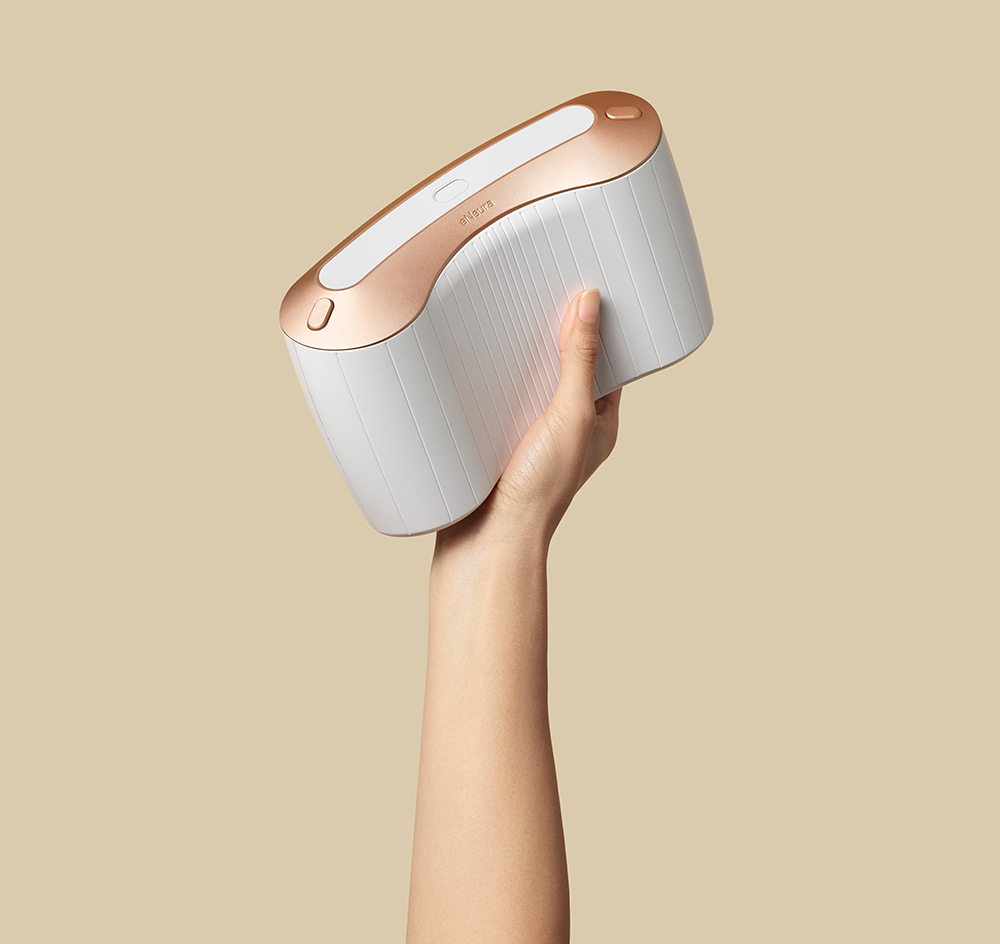
Non-drug migraine treatment eNeura
Overall, the study reveals a wide range of performances in companies involved in both making products and delivering services. It also proves a correlation between design and financial performance. The top 25 per cent of scorers in the McKinsey Design Index achieved an average revenue growth of 32 per cent higher than their peers, as well as 56 per cent higher in Total Return to Shareholders.
The moral of the story here suggests that top management should consider and embrace design early in the process in order for a business to benefit from it. The companies with the strongest financial returns in the survey were armed with a user-centric vision and had utilised design in the planning at the top, while also manipulating design metrics to monitor customer satisfaction.
It’s a philosophy that McKinsey & Company exemplifies well. Its subsidiary, McKinsey Design, drives client growth by creating differentiation on the product, service and experiential fronts, thanks to its team of over 350 designers that encompass its acquired companies like Lunar Design, Veryday, and its own digital labs. With both acquisitions developing cutting-edge products like the non-drug migraine treatment eNeura (LUNAR) and the diabetes management device and community Actiste (VERYDAY), the future of design is not only bright, but profitable as well.
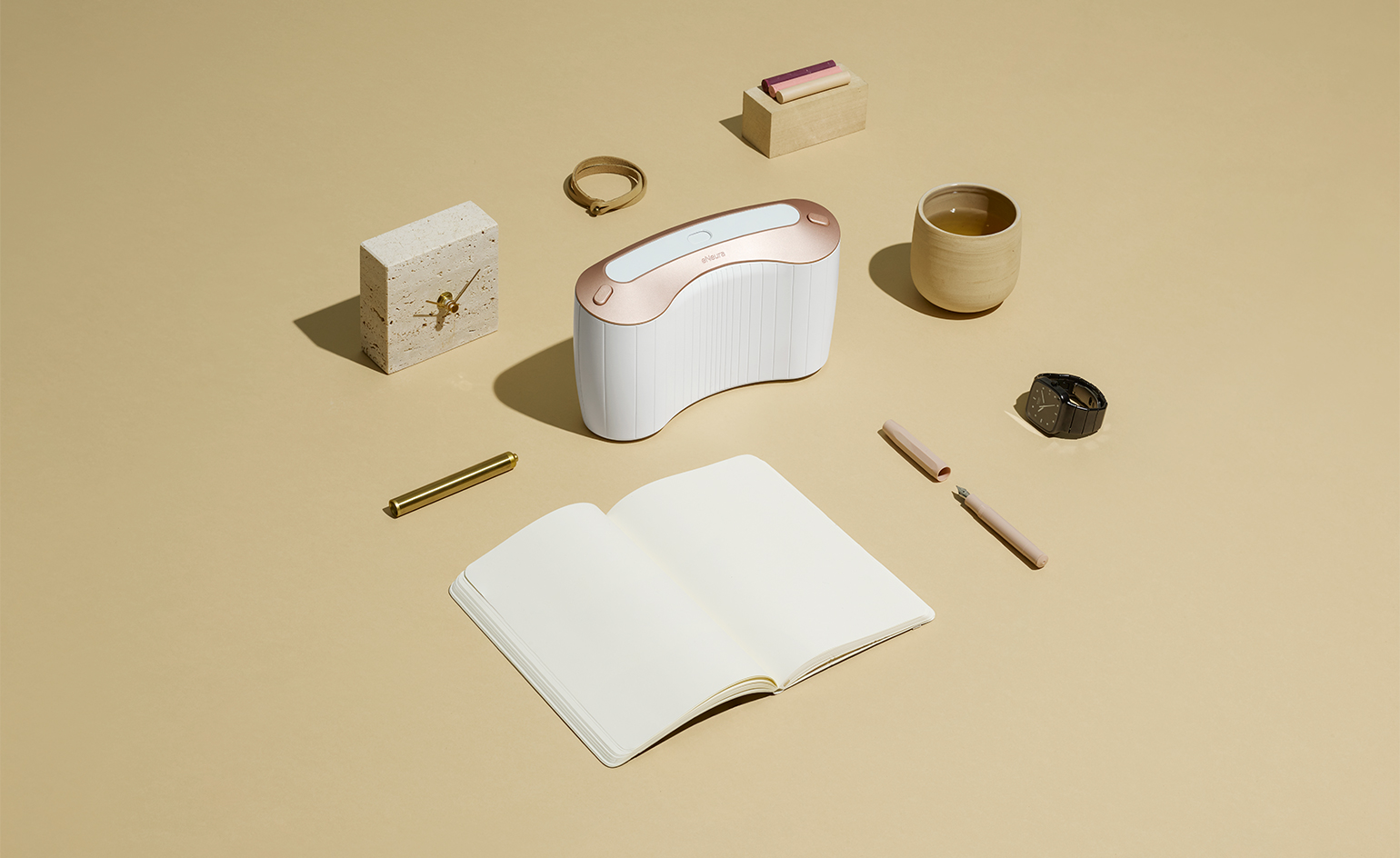
Non-drug migraine treatment eNeura a McKinsey & Company aquired company
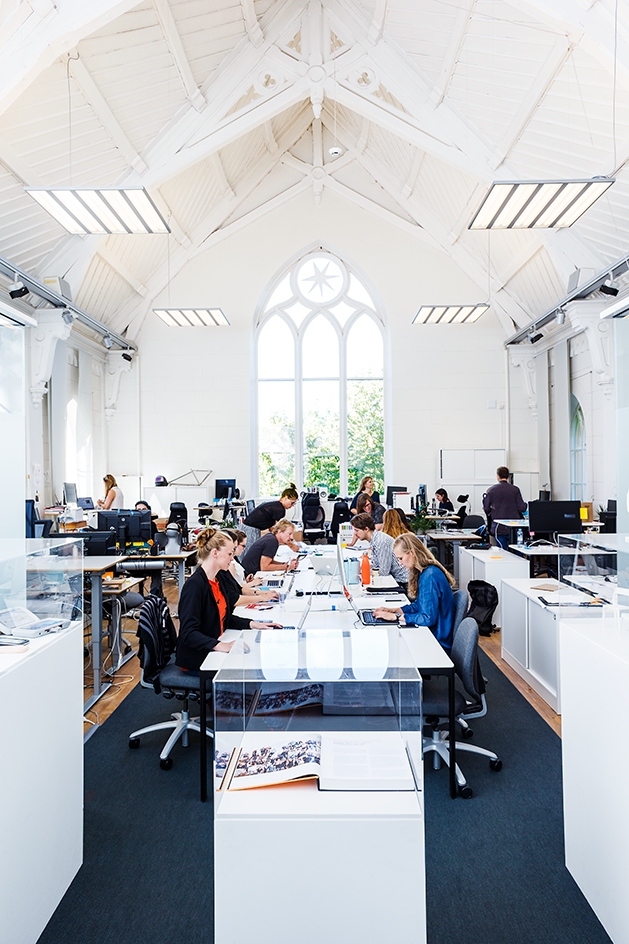
Inside the Veryday Stockholm offices
INFORMATION
From 9 November, an online version of the McKinsey Design Index survey will be made available for organisations to understand their design strengths and opportunities. For more information, visit the website
Wallpaper* Newsletter
Receive our daily digest of inspiration, escapism and design stories from around the world direct to your inbox.
Pei-Ru Keh is a former US Editor at Wallpaper*. Born and raised in Singapore, she has been a New Yorker since 2013. Pei-Ru held various titles at Wallpaper* between 2007 and 2023. She reports on design, tech, art, architecture, fashion, beauty and lifestyle happenings in the United States, both in print and digitally. Pei-Ru took a key role in championing diversity and representation within Wallpaper's content pillars, actively seeking out stories that reflect a wide range of perspectives. She lives in Brooklyn with her husband and two children, and is currently learning how to drive.
-
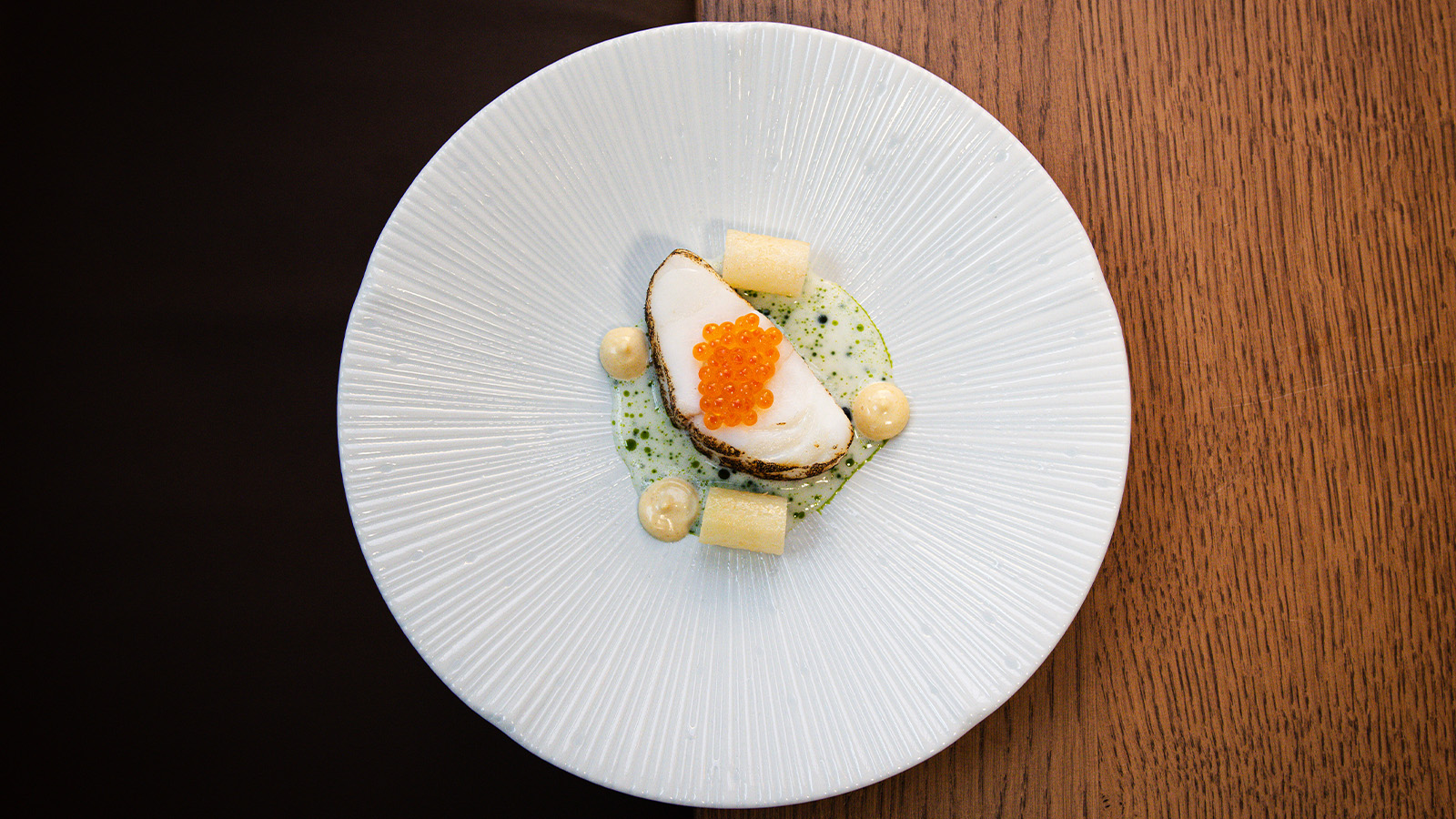 In Wales, Michelin-starred Gorse celebrates the country’s abundant larder
In Wales, Michelin-starred Gorse celebrates the country’s abundant larderGorse is the first Michelin-starred restaurant in Cardiff, putting Welsh cuisine on the map. We speak with chef and founder Tom Waters about the importance of keeping culinary traditions alive
By Tianna Williams
-
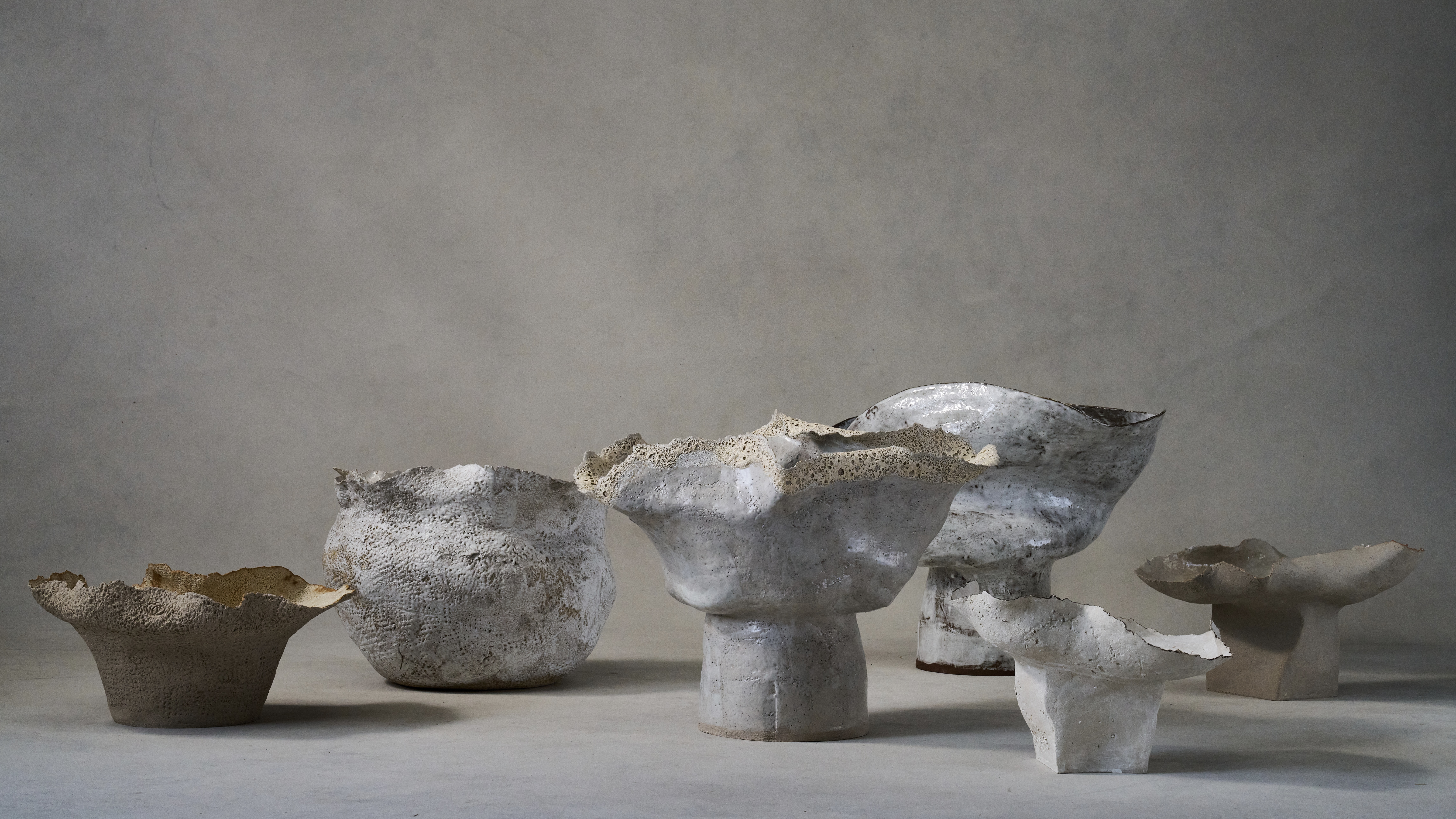 Ludmilla Balkis’ organic, earthy ceramics embody the Basque countryside
Ludmilla Balkis’ organic, earthy ceramics embody the Basque countrysideThe sculptor-ceramicist presents a series inspired by and created from found natural objects in a New York exhibition
By Anna Solomon
-
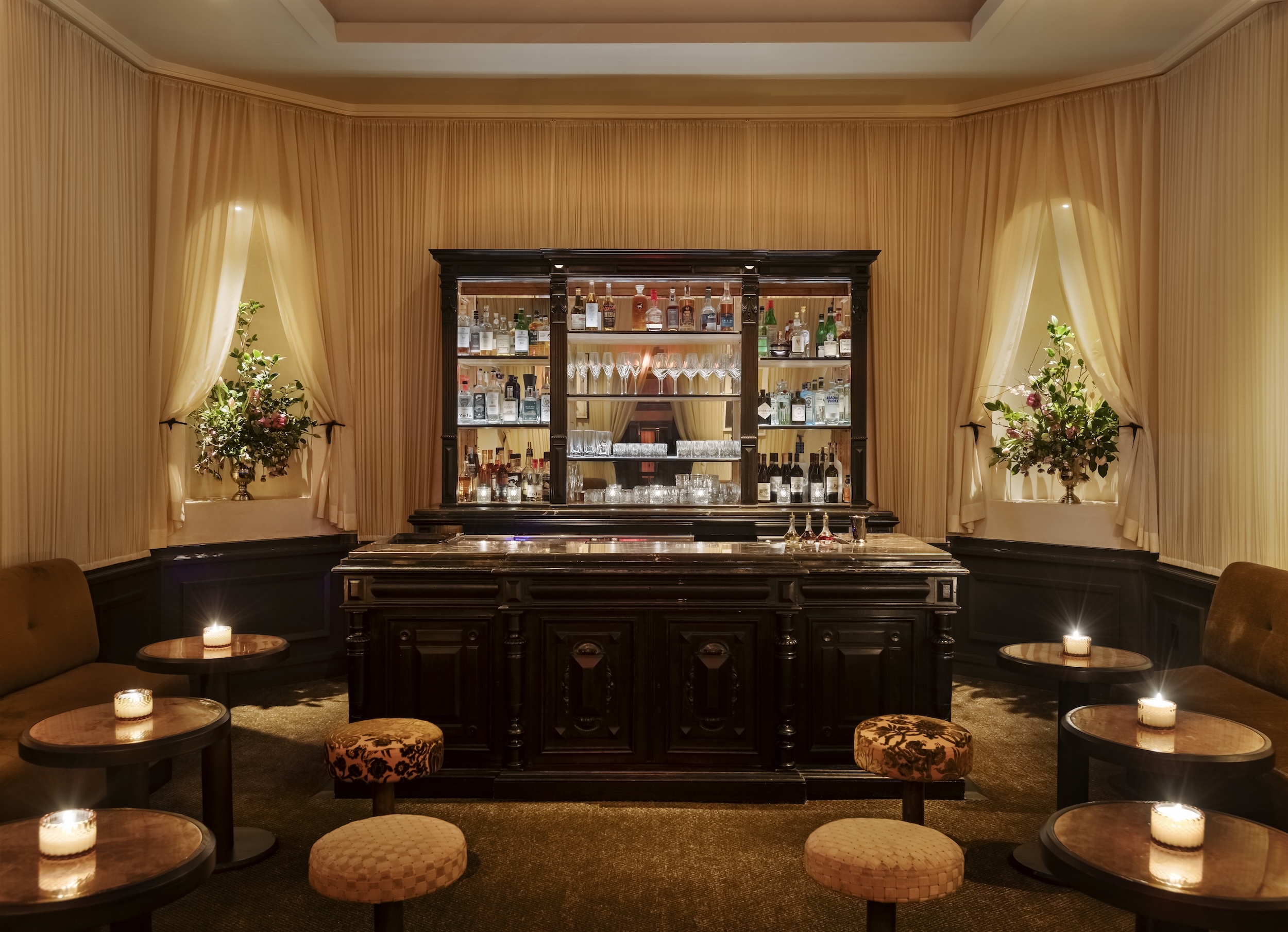 At this secret NYC hangout, the drinks are strong and the vibes are stronger
At this secret NYC hangout, the drinks are strong and the vibes are strongerFor People's bar, Workstead serves up a good time
By Anna Fixsen